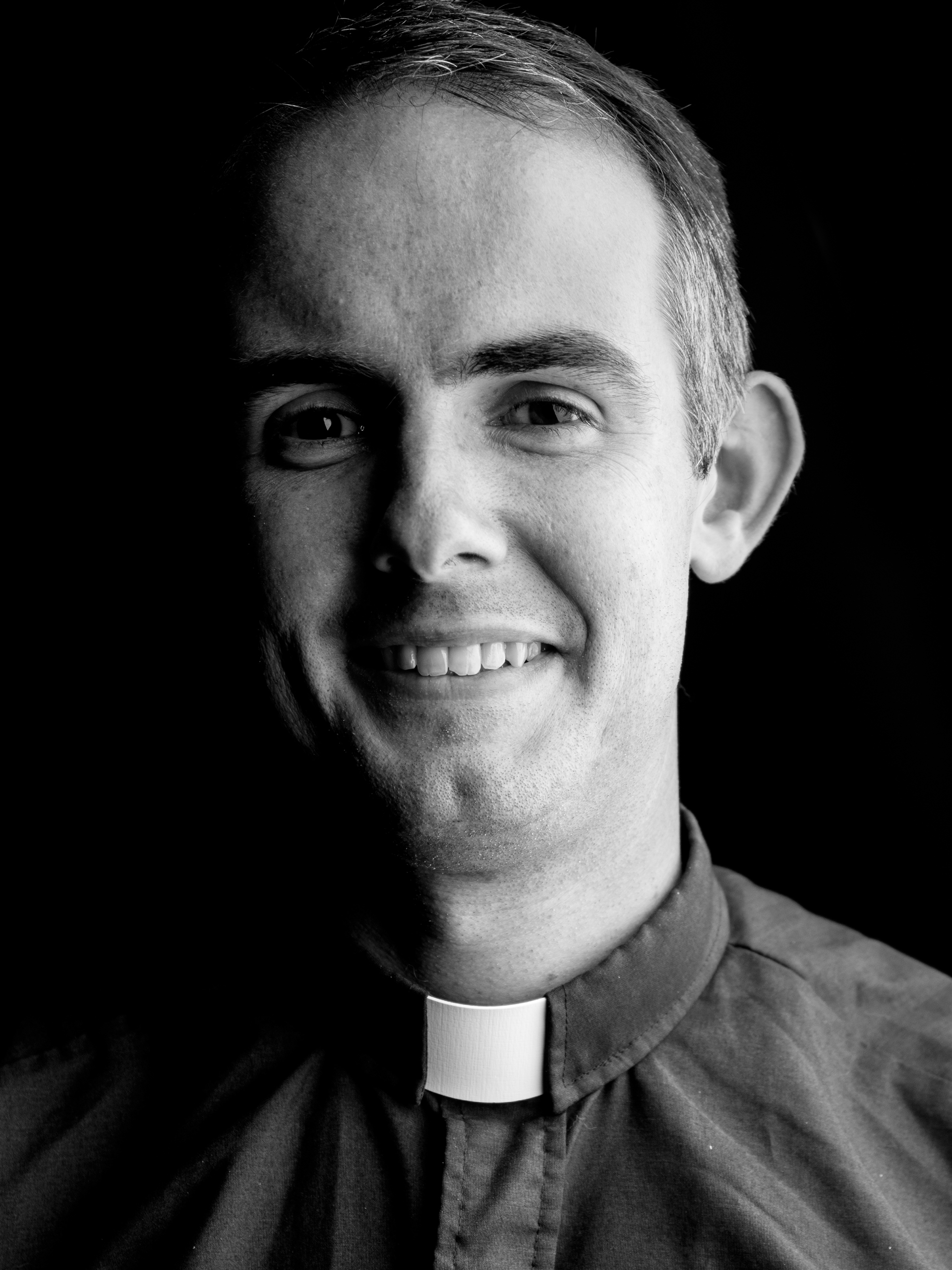Trending Articles
Is there a Christian Remedy for Mental Illness?
Question: I have been suffering from depression for a few years; others sometimes tell me that this is because of a lack of faith. I also often feel that they may be right, as I find it difficult to pray or even hold on to faith. How am I, as a practicing Christian, supposed to deal with this?
Answer: There is much overlap and interconnectedness between the psychological and the spiritual. What we think affects our soul and our spiritual state, often impacts our inner peace and well-being.
With that said, the two are NOT the same. It is entirely possible to be tremendously close to God, even growing in holiness, and still be plagued with a mental illness. So how do we know the difference?
This is where a Christian counselor or therapist, and a spiritual director, can be very helpful. It is hard to self-diagnose mental illness—most find it necessary to have a Christ-centered professional evaluate your struggles to see the roots. Frequently, to tackle underlying issues, mental health issues need to be addressed through a combination of both psychological and spiritual treatment together.
To seek help does not indicate a lack of faith! Would we treat a bodily disease in that way? Would someone who is suffering from cancer be told that they ‘haven’t prayed for healing with enough faith?’ Or would we tell someone who needs major surgery that visiting a doctor would be a lack of faith? On the contrary. God often works His healing through the hands of doctors and nurses; this is equally as true for mental illness as for physical illness.
Mental illness can be caused by a myriad of factors—biochemical imbalance, stress or trauma, unhealthy thought patterns….Our faith recognizes that God often works to heal us through the psychological sciences! In addition to seeking help, though, I recommend three things that can help bring about healing.
1. Sacramental and Prayer Life
Mental illness can make it difficult to pray, but we must persist. Much of prayer is just showing up! Saint John of the Cross would record in his spiritual journal what happened to him during prayer, and for years he wrote only one word every day: “Nada” (Nothing). He was able to reach the heights of holiness even when nothing ‘happened’ in his prayer! It actually shows deeper faith if we are faithful to prayer despite dryness and emptiness—because it means that we truly believe since we are acting in accordance with what we know (God is real and He is here, so I pray…even if I feel nothing).
Of course, Confession and the Eucharist are great help to our mental lives as well. Confession helps to free us from guilt and shame and the Eucharist is a powerful encounter with the love of God. As Mother Teresa once said: “The Cross reminds me of how much God loved me then; the Eucharist reminds me of how much God loves me now.”
2. The Strength of God’s Promises
One can change our ‘stinking thinking’ by the positive promises of God. Whenever we feel worthless, we must remember that “He chose us in Him before the foundation of the world” (Ephesians 1:4). If we feel like life is getting us down, remember that “all things work for good for those who love God” (Romans 8:28). If we feel alone, remember “He will never leave you or forsake you” (Hebrews 13:5). If we feel like life has no purpose, remember that our life is meant to glorify God (Isaiah 43:6-7) so that we might enjoy Him forever (Matthew 22:37-38). Grounding our life on the truths of our Faith can help to counter the lies that so often entrap our mind in mental illness.
3. Works of Mercy
Performing works of mercy are powerful boosts to our mental health. Many times, we can be ‘trapped in ourselves’ through depression, anxiety, or traumatic experiences; volunteering helps us to get out of that solipsism. Science has proven that doing good to others releases dopamine and endorphins, chemicals that lead to a sense of well-being. It gives us meaning and purpose and connects us to others, thereby decreasing stress and giving us joy. It also fills us with gratitude to work with those in need, as it makes us realize God’s blessings.
In summary, your mental health struggles are not necessarily a sign that you lack faith. You are certainly encouraged to see a Christian therapist to find how to improve both your spiritual and mental health. But also remember that your faith can give you tools to deal with mental health. And even if the struggle continues, know that your sufferings can be offered up to the Lord as a sacrifice, giving Him a gift of love and sanctifying you!

Father Joseph Gill is a high school chaplain and serves in parish ministry. He is a graduate from Franciscan University of Steubenville and Mount St. Mary’s Seminary. Father Gill has published several albums of Christian rock music (available on iTunes). His debut novel, “Days of Grace” is available on amazon.com.
Latest Articles
Want to be in the loop?
Get the latest updates from Tidings!








